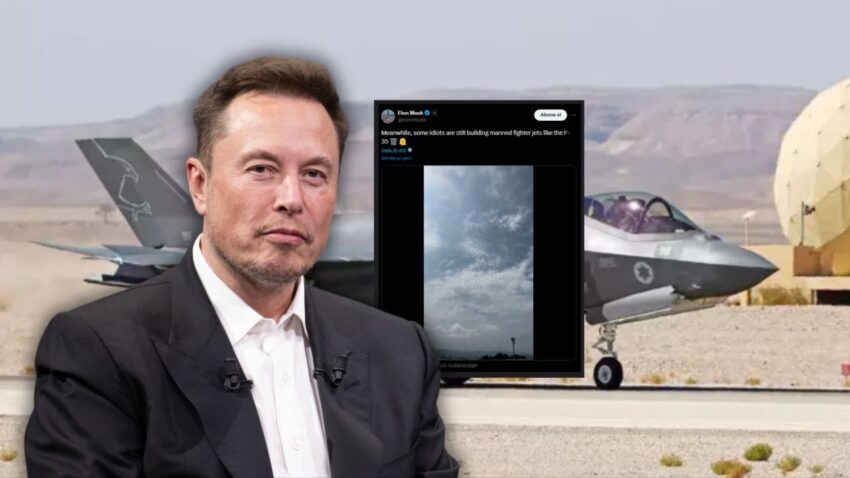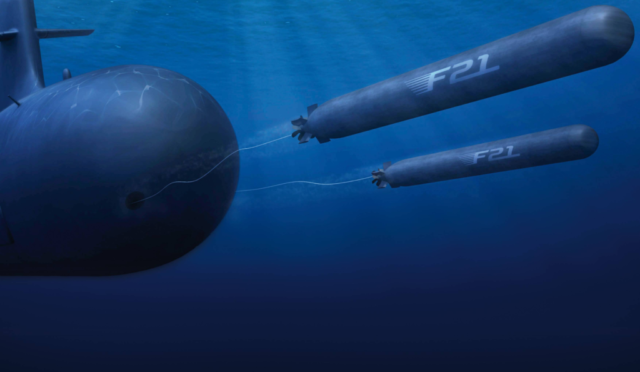Elon Musk’s critique of manned fighter jets has sparked a heated exchange, with outgoing Air Force Secretary Frank Kendall firing back, emphasizing that the F-35 program remains irreplaceable in the near term. Musk, a vocal advocate for drones over traditional fighter aircraft, labeled the Pentagon’s continued investment in the F-35 as outdated and wasteful.
Musk’s Take: Manned Fighters Are “Idiotic”
Musk has been outspoken in his criticism of the F-35 program, calling it a financial black hole and suggesting that autonomous drones should take center stage in modern warfare. As co-chair of the newly formed Department of Government Efficiency (DOGE), Musk has been pushing for defense spending cuts and a pivot toward advanced technologies like hypersonic weapons and AI-driven systems.
“Why are we still investing in these dinosaurs when drones can do the job better and cheaper?” Musk questioned on social media, branding Pentagon decision-makers as “idiots” for sticking with the program.
Kendall Responds: “Musk Isn’t a Warfighter”
During a virtual event hosted by the Mitchell Institute, Kendall didn’t mince words when addressing Musk’s comments. “I have a lot of respect for Elon Musk as an engineer,” Kendall said. “But he’s not a warfighter, and he needs to learn a little bit more about the business before making such grand pronouncements.”
Kendall acknowledged the potential of the Air Force’s Collaborative Combat Aircraft (CCA) program, which aims to develop uncrewed wingmen to complement manned fighters. However, he was quick to dismiss the idea of replacing the F-35 with drones anytime soon.
“It’s provocative, it’s interesting. But we’re not there yet,” Kendall said. “It’ll take decades, not centuries, to see a shift like Musk imagines. For now, the F-35 remains critical.”
The Case for the F-35
Despite its long history of cost overruns and technical setbacks, the F-35 is considered the backbone of the U.S. and allied air forces. Kendall argued that canceling the program would leave the U.S. without a viable stealth fighter for years, especially as the Next Generation Air Dominance (NGAD) program is still in development and will likely be prohibitively expensive for widespread use.
“We should continue to buy it and also upgrade it,” Kendall said, while admitting that Lockheed Martin, the F-35’s manufacturer, still has much to deliver. “We need better performance out of Lockheed, quite honestly. They’re not delivering as fast or as effectively as they could.”
In a statement, Lockheed Martin defended the program, highlighting its $350 million investment in improving the F-35’s capabilities. “We remain committed to delivering the world’s most advanced aircraft with unparalleled capabilities,” the company said.
Diverging Opinions in the Defense World
While Kendall stands firmly behind the F-35, Musk’s criticisms have found some traction. Representative Adam Smith, a ranking member of the House Armed Services Committee, voiced support for exploring autonomous systems. “Swarms of drones can be vastly more effective,” Smith said. “If Musk is willing to push that envelope, it could drive meaningful change.”
Others, however, remain skeptical. Brig. Gen. Douglas Wickert, commander of the 412th Test Wing at Edwards Air Force Base, dismissed the idea of fully autonomous warfare as being “centuries away” due to ethical and technical challenges.
What’s Next?
As Kendall’s tenure comes to an end, the future of the F-35 program and its potential successors like NGAD and CCAs will fall to the incoming Trump administration. With Musk’s influence growing in Washington, the debate over the balance between manned and unmanned systems is far from over.
For now, the Pentagon is holding its ground. The F-35 is here to stay—at least for the foreseeable future.







